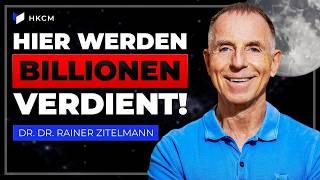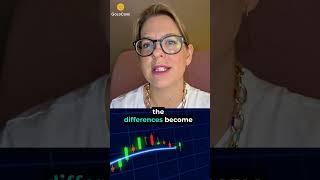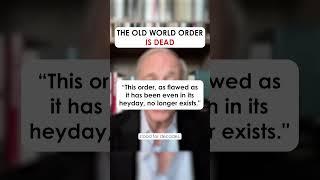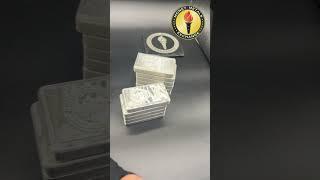| In this episode of Rich Dad Radio Show, hosts Robert Kiyosaki and Kim Kiyosaki are joined by financial experts Tom Wheelwright and Jason Hartman to discuss the critical importance of tax strategies and smart investments in today’s unpredictable financial environment. If you’re serious about protecting and growing your wealth, this episode delivers actionable insights into leveraging tax incentives and making strategic investment decisions that align with government policies. Maximizing Investments with Tax Incentives Tom Wheelwright explains how investing in government-promoted sectors—such as real estate, energy, and agriculture—allows savvy investors to minimize their tax burden while supporting economic growth. This strategic allocation of capital helps investors keep more of their profits while complying with tax laws. The Role of Financial Education Robert Kiyosaki and Kim Kiyosaki emphasize the importance of continuous financial education. They discuss how having mentors and staying informed about market trends are essential for navigating volatile markets. Education not only helps you make better decisions but also positions you to capitalize on emerging opportunities. Real Estate: A Reliable Asset Class Real estate remains one of the most stable and proven asset classes, particularly income-generating properties. Jason Hartman shares insights on how to identify "boring" markets that offer steady returns without the dramatic swings seen in hot markets. The episode also touches on adapting real estate investments to changing work habits, such as converting commercial spaces for residential use. Strategic Use of Debt Debt, when used strategically, can enhance investment returns and maximize tax benefits. The panel discusses how managing debt wisely can amplify gains, especially in real estate, where leveraging investments is a key strategy for building long-term wealth. 00:00 Introduction 00:57 The Importance of Education in Real Estate 01:27 Navigating the Current Real Estate Market 03:32 The Role of Debt in Real Estate Investments 05:41 Tax Benefits and Government Incentives 08:12 Choosing the Right Markets for Investment 14:48 The Value of Coaching and Being Coachable 15:48 Financial Security in Uncertain Times 16:10 Market Crashes and Economic Bubbles 16:53 The Decline of American Institutions 18:09 The Value of Coaches and Mentors 18:21 The Flaws of Saving Money and Taxation 19:54 Opportunities in Market Crashes 24:49 The Future of Real Estate and Commercial Spaces 29:15 The Importance of Financial Education ----- Disclaimer: The information provided in this video is for educational and informational purposes only. It should not be considered as financial advice or a recommendation to buy or sell any financial instrument or engage in any financial activity. The content presented here is based on the speaker's personal opinions and research, which may not always be accurate or up-to-date. Financial markets and investments carry inherent risks, and individuals should conduct their own research and seek professional advice before making any financial decisions. |
Tags: Featured,newsletter

























30 pings
Skip to comment form ↓